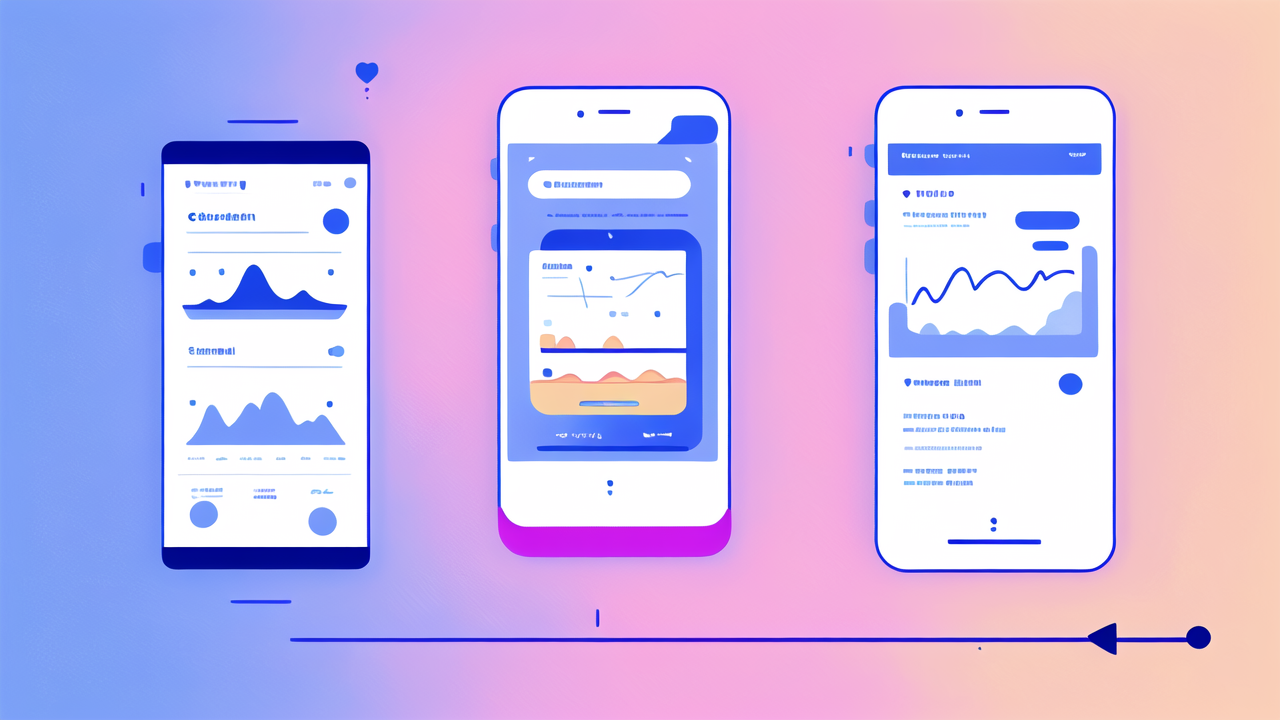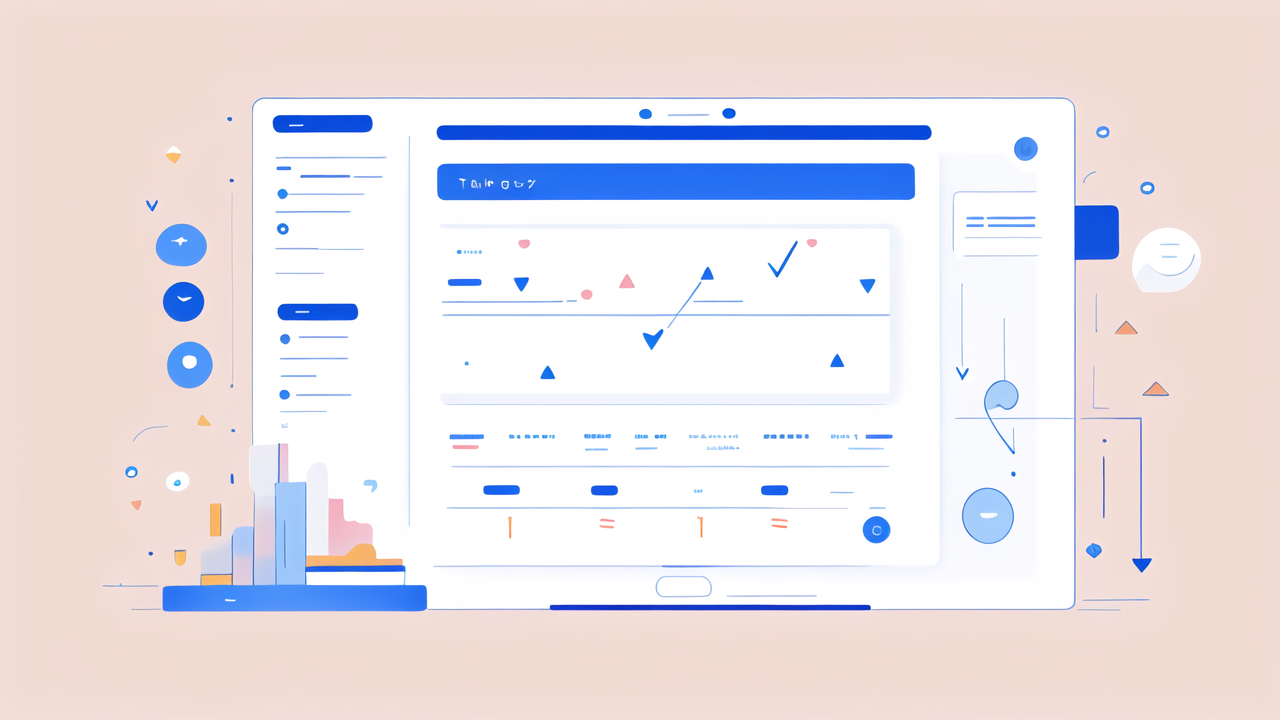Understanding the Importance of Fitness Tracking
The Role of Fitness Trackers in Personalized Training
Fitness trackers have become essential tools for personalized training. These devices offer real-time data on various health metrics. They track steps, heart rate, calories burned, and sleep patterns. This information helps users make informed decisions about their fitness routines.

Personalized training is more effective than generic workout plans. Fitness trackers allow users to set specific goals based on their current fitness levels. They provide insights into individual performance and progress. This data helps users adjust their workouts for optimal results.
Many trackers also offer guided workouts and coaching features. These personalized recommendations can motivate users to stay active. They also help prevent overtraining and reduce the risk of injury. By tracking daily activity, users can identify patterns and make necessary lifestyle changes.
How Body Measurement Tracking Can Influence Your Fitness Regimen
Body measurement tracking is a game-changer for fitness enthusiasts. It provides a more comprehensive view of progress than just weight alone. Trackers can measure body fat percentage, muscle mass, and other key metrics. This data helps users understand how their bodies are changing over time.
Tracking body measurements can be highly motivating. It shows progress that might not be visible on the scale. For example, someone may maintain their weight while losing fat and gaining muscle. Body measurement data can reveal these changes and keep users motivated.
This type of tracking also helps in setting realistic goals. Users can focus on specific areas they want to improve. It allows for more targeted training and nutrition plans. Regular tracking encourages consistency in workout routines and healthy eating habits.
Top Fitness Trackers for the Health-Conscious Consumer
Standalone Fitness Tracking Devices: A Deep Dive
Standalone fitness trackers are popular among health-conscious consumers. These devices are designed specifically for fitness tracking. They often offer more accurate and detailed data than smartphone apps. Here are some top options:

- Fitbit Charge 5: Known for its sleek design and comprehensive health features.
- Garmin Vivosmart 4: Offers advanced sleep tracking and stress monitoring.
- Whoop Strap 4.0: Focuses on recovery and strain metrics for serious athletes.
- Apple Watch Series 7: Combines fitness tracking with smartwatch features.
- Samsung Galaxy Fit2: Provides basic tracking at an affordable price point.
These devices vary in features and price ranges. Some focus on specific activities like running or swimming. Others offer a wide range of health monitoring tools. Users should consider their specific needs when choosing a tracker.
Many standalone trackers now include GPS tracking and heart rate monitoring. Some even offer ECG readings and blood oxygen level measurements. These advanced features can provide valuable insights into overall health and fitness.
Integrating Fitness Tracking with Lifestyle Apps
Fitness tracking isn't limited to standalone devices. Many smartphone apps now offer tracking features. These apps can integrate with other lifestyle and health applications. This integration provides a more holistic view of health and wellness.
Popular fitness apps like MyFitnessPal and Strava can sync with various trackers. This allows users to combine activity data with nutrition information. Some apps also integrate with smart scales for comprehensive body composition tracking.
Social features in these apps can increase motivation. Users can share their progress and compete with friends. This social aspect can make fitness tracking more engaging and fun.
Many lifestyle apps now include mindfulness and stress management features. These can complement physical fitness tracking for overall well-being. The integration of mental and physical health data provides a more complete picture of health.
Leveraging Fitness Tracking for Long-Term Success
Setting and Tracking Fitness Milestones
Setting clear fitness milestones is crucial for long-term success. Fitness trackers make it easy to set and monitor these goals. Users can set targets for daily steps, weekly workout minutes, or monthly weight loss.

Breaking larger goals into smaller milestones makes them more achievable. For example, aiming to increase daily step count by 1000 steps each week. This gradual approach helps build sustainable habits over time.
Trackers often provide visual representations of progress. This can be highly motivating for users. Seeing a graph of improving running times or decreasing resting heart rate can boost confidence.
Many trackers offer rewards or badges for reaching milestones. These gamification elements can make fitness more enjoyable. They provide extra motivation to stick to fitness routines.
It's important to regularly review and adjust fitness milestones. As users progress, their goals should evolve too. Fitness trackers provide the data needed to make informed adjustments to these goals.
Analyzing and Adjusting Your Training Program Based on Performance Metrics
Fitness trackers provide a wealth of performance metrics. These can be used to analyze and improve training programs. Users can identify trends in their performance over time. This data helps in making informed decisions about workout intensity and frequency.
Heart rate data is particularly useful for optimizing workouts. Users can ensure they're training in the right heart rate zones for their goals. This helps in balancing intensity and recovery for better results.
Sleep tracking features can also inform training decisions. Poor sleep can impact performance and recovery. Users can adjust their training schedule based on their sleep patterns.
Many trackers now offer recovery scores or readiness metrics. These can help prevent overtraining by suggesting rest days when needed. This data-driven approach can lead to more effective and sustainable fitness routines.
Regular analysis of performance metrics can reveal areas for improvement. Users might notice their endurance improving but strength lagging. This insight can guide them in adjusting their training focus.
In conclusion, fitness trackers are powerful tools for achieving health goals. They provide personalized data, motivation, and insights. By leveraging these devices, users can create more effective and enjoyable fitness journeys.




Leave a comment
This site is protected by hCaptcha and the hCaptcha Privacy Policy and Terms of Service apply.